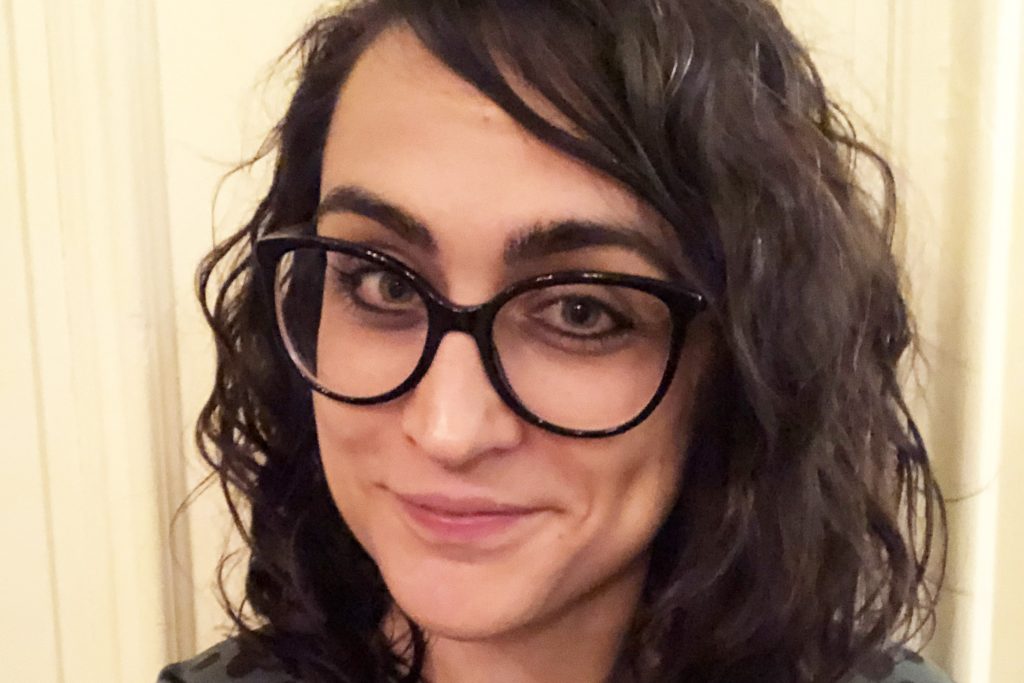When Amelia Wirts ’17 defends her doctoral dissertation this June, she won’t simply become the first BC Law student to earn a joint JD-PhD in philosophy. The Oregon native, who graduated law school summa cum laude, will be uniquely qualified to tackle the reasoning as well as the regulations that impact so many of today’s most complex issues.
Wirts was in her third year of her philosophy doctorate when she decided to also pursue a legal degree. BC Law currently offers dual degrees in several fields—including social work, education, business, public health, and urban and environmental policy and planning—and requires candidates to be independently accepted into both programs. “I was looking for a way to make my research more concrete,” she said. “I wanted to understand the way law works in the United States.
“A lot of philosophy involves thinking about what an ideally just world would look like and deriving principles from that,” she explained. “But there’s a movement in philosophy that says instead of thinking about the perfect, let’s talk about the problems of the world that we live in— and build philosophical theories from that.”
Although Wirts was initially focused on gender issues, the killing of Michael Brown in Ferguson, Missouri, and the burgeoning Black Lives Matter movement expanded her focus to issues of race and religion as well. “That social movement really altered how much I was aware of racial injustice in the United States,” she said. “Especially around ways in which black people are criminalized.”
Her dissertation on criminality brings these issues to the fore. Labelling someone as “criminal,” she explained, allows society to exclude that person on moral terms. “But what often happens is we use that moral justification to exclude people we want to exclude for other reasons, such as their race or their class status, such as the homeless,” she said. “I argue that the criminal justice system has created a new group of oppressed people. This prompts us to ask other hard questions: Even when the people who are being morally excluded are not from marginalized communities is our response prompted by racism and classism?
Wirts, who clerked with Justice Harris Hartz of the United States Court of Appeals for the 10th Circuit, now has the real-world experience to ground such philosophical arguments. When she begins a tenure-track position as an assistant professor of philosophy at the University of Washington in Seattle in the fall, she will be teaching philosophy of law and philosophy of race.
BC Law Associate Professor Paulo Barrozo noted Wirts’s interest in “the concrete impacts of law on society” when she was his research and teaching assistant. Now serving on her PhD dissertation committee, he said, “She was able to combine the attention to the regulatory and institutional details of law with the abstract conceptual schemes of philosophy.”
“Law School really gave me a new way to think,” Wirts concluded. “It taught me to ask, is what might be true in a philosophical sense really practicable in the world we live in? That was really grounding.”


